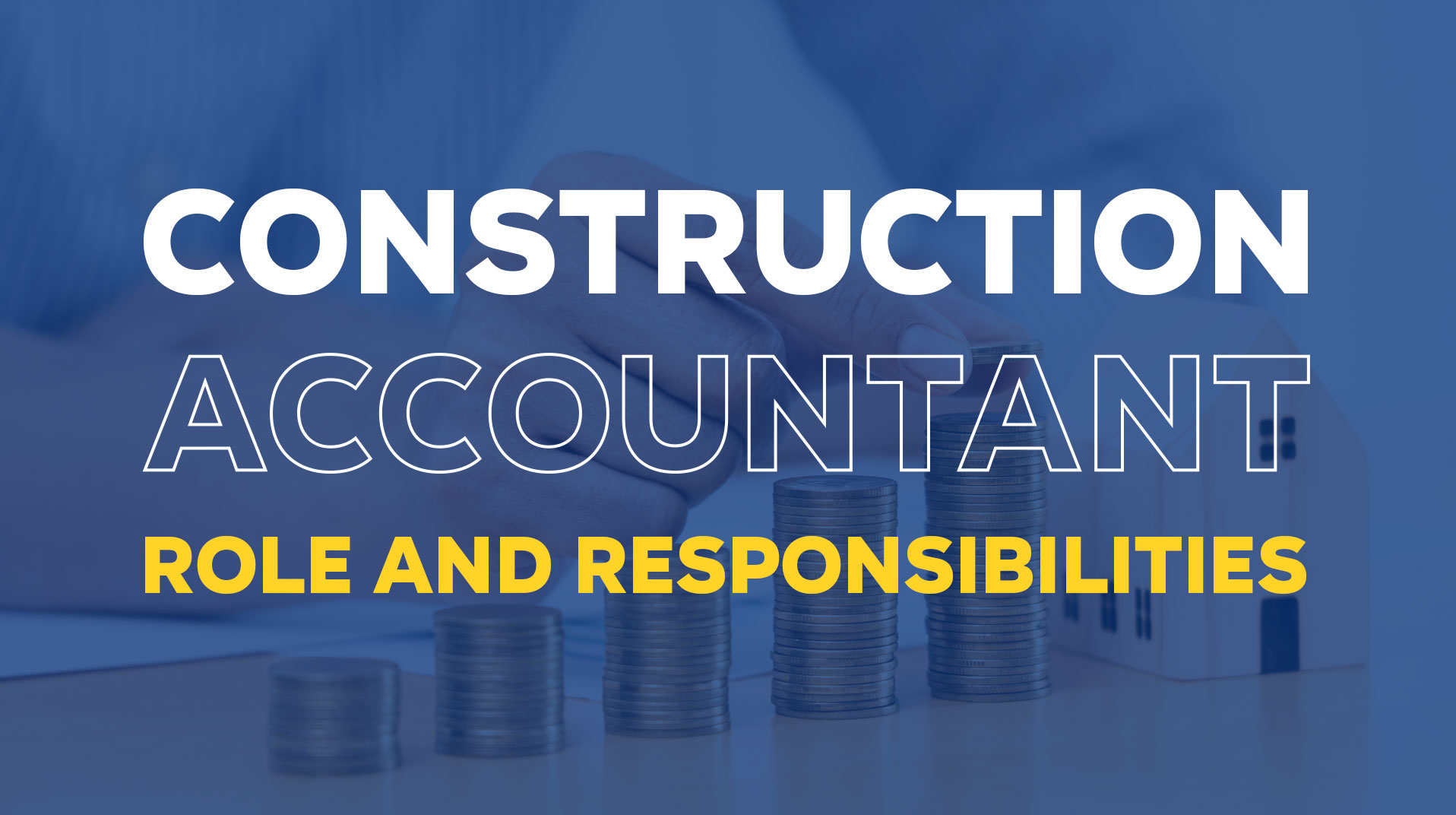
Accountants play an important role in the construction industry, ensuring that construction companies can effectively manage their finances and comply with financial regulations. The responsibilities of a construction accountant go beyond simply recording transactions and preparing financial statements. They also provide valuable insights and analysis that contribute to the success of construction projects. In this article, we will discuss the different responsibilities of a construction accountant and why they are crucial for the operations of a construction business.
Managing Financial Records and Transactions
Effectively managing financial records and transactions involves meticulously tracking all incoming and outgoing payments, monitoring cash flow, and ensuring that every financial transaction is accurately documented in the company’s books.
For example, if you reside in Mansfield, a Mansfield accountant or any other qualified construction accountant can assist in setting up efficient bookkeeping systems to ensure that financial data is easily accessible and organised for analysis. They also play a crucial role in identifying any discrepancies or errors, which helps maintain the overall accuracy of financial records.
Ensuring Compliance with Regulations and Tax Laws

Construction accountants also play an important role in ensuring compliance with financial regulations and tax laws. Through account management services, businesses can streamline their financial processes and ensure that all aspects of compliance, from regulatory adherence to tax obligations, are properly managed, minimizing risks and potential legal issues. The construction industry is heavily regulated, and failure to comply with these regulations can result in severe penalties and legal consequences. A construction accountant is responsible for –
- Staying up-to-date with the latest industry regulations and laws
- Preparing tax returns and providing advice on minimising tax liabilities
- Helping the construction business save money and avoid legal issues
Budgeting and Cost Control for Construction Projects
Another significant responsibility of a construction accountant is budgeting and cost control for construction projects. They work closely with project managers and stakeholders to develop accurate project budgets, taking into account all potential costs such as materials, labour, equipment, and overhead expenses.
Throughout the project, they monitor actual expenditures against the budget and provide updates on any variances or deviations. This helps ensure that projects stay within budget and allows for proactive measures to be taken if there are any unexpected costs or delays.
Providing Financial Insights for Decision Making

Construction accountants are significant in delivering financial insights that support decision-making within the construction industry. They analyse financial data and provide reports that help management in various ways like –
- Analysing financial data and providing reports for management
- Helping make informed decisions about investments and cost-cutting measures
- Offering valuable advice to guide important business decisions
Monitoring Cash Flow and Project Expenses
A construction accountant tracks incoming and outgoing payments, ensuring that there is enough cash on hand to cover expenses such as materials, labour, and overhead costs. They also monitor project expenses with the help of accounting software, comparing them to the budget and providing updates on any variances or potential cost overruns.
This helps keep projects on track financially and allows for proactive measures to be taken if there are any issues with cash flow or unexpected expenses arise. Proper management of cash flow and project expenses is essential for the financial health of a construction business, making this responsibility critical for a construction accountant.
Collaborating with Other Departments to Achieve Project Goals
Construction accountants also collaborate with other departments in a construction business to achieve project goals. They work closely with project managers, procurement teams, and field personnel using a centralized common data environment to ensure that all financial processes are aligned with the overall objectives of the project.
This collaboration helps maintain open communication and allows for timely decision-making, which is crucial for the success of any construction project. Collaboration between accountants and other departments is essential for maintaining financial oversight on projects and identifying potential issues or risks that could affect project goals.
Role of Construction Accountants is Very Important
The role of a construction accountant is significant for the success of any construction business. They manage financial records and transactions, ensure compliance with regulations and tax laws, handle budgeting and cost control for projects, provide financial insights for decision-making, monitor cash flow and expenses, and collaborate with other departments to meet project goals.
Their expertise in accounting and the construction industry makes them valuable assets to any company. Whether starting a new construction business or improving an existing one, having a qualified construction accountant on your team is essential for financial success and growth.
